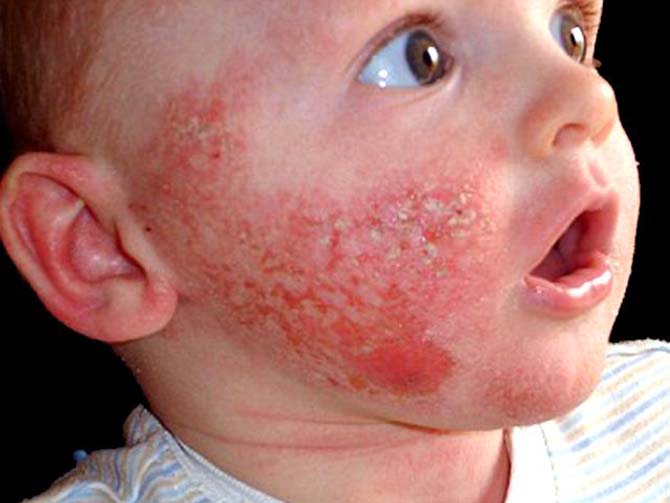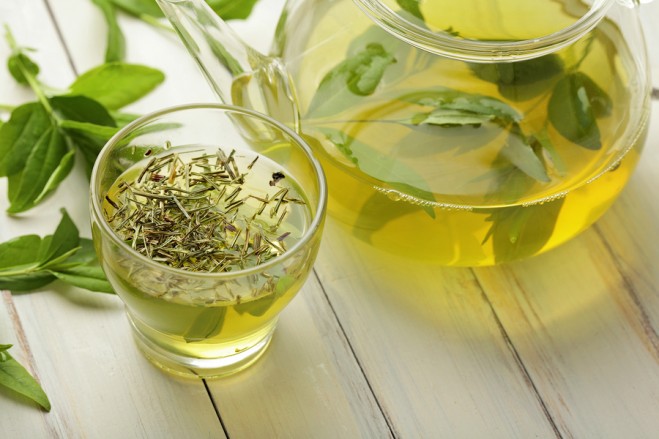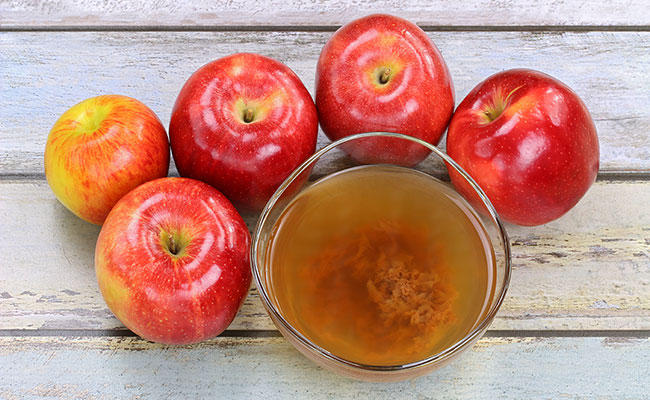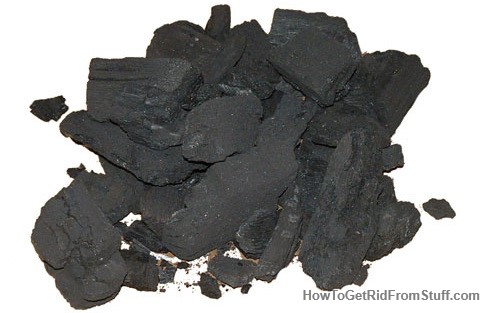Food allergies are a common medical condition that affects many people from around the world.
The food allergies are normally caused by body’s intolerance to the proteins present in the food. Essentially, the body system will react to a given protein that is toxic.
In order to protect itself, the body’s immune system will invade the protein, leading to the allergy.

Share the love (click here)
Causes of Food Allergies
Basically, an allergic reaction is a natural response of the immune system to a foreign body in the system.
When you suffer a food allergy, you system mistakenly identifies a given substance or food as something that is harmful to your body.
As the body identifies that threat, it produces antibodies to counteract the effect. This process leads to an ingrained response in the immune system.
Whenever you consume even a small portion of the food, the produced antibodies will notice it and alert the immune system.
Consequently, the immune system triggers the release of histamine and other chemicals that are responsible for the allergies you experience.
That’s why you experience common allergy responses or signs and symptoms.
Signs and Symptoms
While food allergies are distressing for some people, the condition may not be serious. For others, food allergies can lead to terrifying and even life-threatening reactions.
For some people, the symptoms of food allergy often develop a few minutes after ingesting the offending food.
For others, the symptoms may develop within two hours after eating the harmful food.
The most common symptoms of food allergy include:
8 Common Food Allergies
Any food can trigger an allergic reaction, theoretically. Nonetheless, just a few types of food normally cause almost 90 percent of food allergies.
The substance that triggers an allergic reaction in drinks or foods is known as an allergen. When it comes to foods, allergens are usually proteins.
For most people, such proteins do not cause allergic reactions because their body does not react to them.
Food allergies are caused by the “big eight” allergenic foods, namely;
- 1Eggs,
- 2Fish,
- 3Milk,
- 4Nuts,
- 5Groundnuts (peanuts),
- 6Shellfish (including crab, mussels and shrimps),
- 7Wheat,
- 8Soya
1. Food Allergies in Babies

Infant food allergies
Food allergies in babies develop just a few minutes after consuming the food. Allergic reactions are common in infants and young children. At least 8% of children below three years of age are said to suffer from a food allergy.
Your baby is more likely to experience a food allergy if your family has a history of allergies or any other allergic problems, including eczema, hay fever and asthma. The relationship between eczema and food allergies is the most powerful.
Children who have eczema before they reach the age of three months are most likely to experience a food allergy.
Basically, the more severe eczema is, and the earlier it starts, the more likely your body is to suffer from a food allergy.
While cases of food allergies have been very high in the past, the numbers are starting to drop.
The most common food allergies in infants and young children are eggs, milk, peanuts and nuts such as almonds, walnuts and hazelnuts.
2. Allergy Test
There is no benchmark test for food allergies. Your physician will consider several things before performing a diagnosis.
Some of the things that can help determine whether you are allergic to a certain food include:
15 Effective Home Remedies for Food allergies
Most people think that once a food allergy has been confirmed, they are resigned to a life of avoiding that food. Nonetheless, this doesn’t have to be the case.
Although you may need to take extreme care when eradicating and reintroducing certain foods before and after treatment, you can decide to naturally get rid of food allergies.
Fortunately, there is a broad array of natural remedies available, and we’ve compiled a list of the most effective ones:
1
Green Tea Extract

Drinking Green Tea can help with getting rid of floaters
We all know that green tea has a number of health benefits. It is widely considered to be a powerful natural remedy for allergies. It is rich in antioxidants and anti-inflammatory elements that are essential for keeping your digestive system in a healthy condition and to boost your immune system.
Simply add two teaspoonfuls of green tea extract to some hot water in a mug. Cover the mug for a few minutes and filter the mixture to extract the leaves. Add lemon and honey to add taste and drink it. Drink the tea three to four times each day.
2
Castor Oil
Castor oil is another effective home remedy for allergies. It increases the strength of your stomach and boosts its resistance to various types of food, which eventually eases the food allergies in your body. Simply add half a tablespoon of castor oil in a cup of water or juice. Drink the mixture each day on empty stomach. Repeat this treatment until your condition improves.
3
Bananas
Bananas are rich in various nutrients and can ease the symptoms of food allergies. For instance, bananas help with regulating the body’s metabolism, providing relief from rashes and reducing general discomfort.
You may not be able to cure allergic reactions with bananas, but you can be able to ease the symptoms. Bananas are also said to ease the severity of food allergies. However, a few sensitive individuals may suffer from an allergic response to bananas as well. In such cases, the individual should avoid this fruit.
4
Foods Rich in Vitamin E
Foods that are rich in vitamin E can also aid in fighting allergies. The foods that have Vitamin E content include olive oil, broccoli, spinach, tofu, almonds, rainbow trout, shrimps, and avocados. Eat them if you have a food allergy since Vitamin E is anti allergenic.
In addition, vitamin E improves and strengthens the immune system, which enables it to stop wrongly classifying various proteins as toxic substances.
5
Foods Rich in Vitamin C
Food with high vitamin C contains can also boost the immune system. Vitamin C has powerful anti-histamine properties and aids in reducing the production of histamines in your body. This helps in eradicating toxic substances from your body.
Simply add foods rich in vitamin C in your daily diet. These foods include fresh fruits and vegetables, such as broccoli, bell peepers, grape fruits, tomatoes, lemons and strawberries. Before consuming any of these foods, make sure you don’t develop allergic reactions to them.
6
Lime Juice

Lime juice aids in detoxifying your body, which is greatly beneficial when you are trying to get rid of a food allergies. Simply mix the lime juice with water and honey, and drink the beverage for a number of weeks in order to get rid of all the toxins from your body. That way, your immune system will be more organized when it comes to identifying proteins.
7
Acidophilus
Acidophilus refers to natural bacteria that live in the digestive system in different quantities. It helps with digestion of food. Therefore, if you have a food allergy, chances are there is an imbalance of the natural bacteria in your digestive tract.
Taking a supplement of acidophilus on a daily basis is highly recommended. Alternatively, you may consider increasing the amount of yoghurt or fermented food in your diet in order to ease your allergic reaction to certain foods.
8
Apple Cider Vinegar

Apple cider vinegar has powerful anti-histamine properties that can help in easing the various food allergy symptoms. When you suffer from a given food allergy, your body loses various nutrients.
Taking apple cider vinegar can be a great way to restore those nutrients while restoring your pH balance as well. Simply take one tablespoonful of quality apple cider vinegar and put it in a cup of warm water. Add some lemon juice and honey in the cup and drink this mixture two to three times each day until you eliminate the problem.
9
Hydrogen Peroxide
Hydrogen peroxide has strong antiseptic properties; it helps to eliminate any bacterial problems via oxidation. Hydrogen peroxide also helps to boost the proper functioning of your digestive system.
Make sure that you use only diluted hydrogen peroxide that’s mixed with pure water. Also, be sure to follow the instructions on the food grade container label carefully.
10
Turmeric
Turmeric, a natural spice common in many cuisines around the world, contains curcumin, .which serves as a decongestant. Turmeric helps to ease symptoms associated with food allergies, and to prevent colds. It is an effective natural remedy for many other health problems as well.
11
Garlic

Garlic contains natural antihistamines that help with easing the symptoms associated with food allergies. It is also rich in antioxidants and anti-inflammatory properties, which help to ease food allergies and speed up the recovery process.
All you need to do is to chew a few garlic cloves each day. This will help ease the food allergy symptoms. Alternatively, take original garlic supplements according to your doctor’s instructions.
12
Lemon
Lemon has immune-boosting properties. It also helps with preventing and reducing the symptoms of food allergies. In addition, it helps to get rid of toxins from the body. Simply add some honey to a mixture of warm water and lemon. Take this mixture on an empty stomach a couple of times each day until the symptoms disappear.
13
Ginger
Ginger is another effective home remedy for food allergies. It is a common food that is used for treatment of various other health conditions because it contains antioxidant and antibacterial properties.
Therefore, it helps to alleviate food allergy symptoms such as nausea, diarrhea, indigestion and vomiting. Simply take two glasses of ginger tea every day. You can add some honey to ginger tea to improve the taste and drink the mixture each day.
Alternatively, you can take a mixture of honey and ginger juice on a daily basis. Simply take one tablespoonful of each item, mix and consume before meals.
14
Cucumber & Carrot Juice
This mixture is very effective in alleviating food allergies. The carrot and cucumber contain anti-allergenic properties that will instantly ease the allergy symptoms. Be sure to drink this mixture while it is fresh and repeat the treatment each day for the next few weeks.
15
Activated Charcoal

Most food allergies develop because the digestive system is unable to break down the proteins contained in the foods. Therefore, a good remedy is to consume substances that will aid in the digestion of those proteins.
Activated charcoal can aid in protein digestion in order to get rid of food allergy. Simply mix activated charcoal with water or juice and consume the mixture to boost the functions of the digestive system.
Conclusion
Food allergy is a common problem in both children and adults. Every year, at least 4% of the world’s population visit clinics and hospitals seeking treatment for food allergies.
Fortunately, there are many effective home remedies available to treat your condition. Ginger, Vitamin C foods, apple cider vinegar, green tea, castor oil, and lemon juice are some of the most effective home remedies for food allergies.
So if you need help with treating food allergies try out any of the aforementioned home remedies and see how to get rid of your food allergy.
